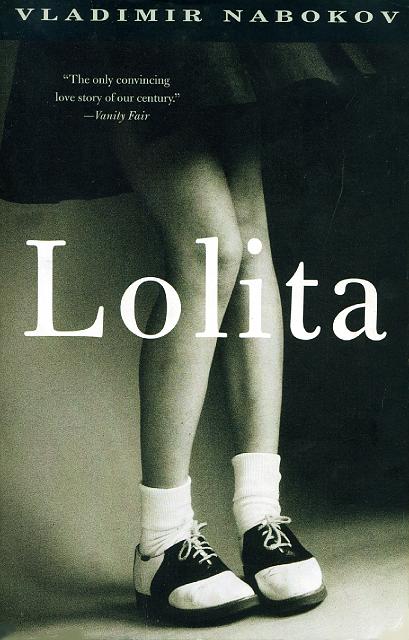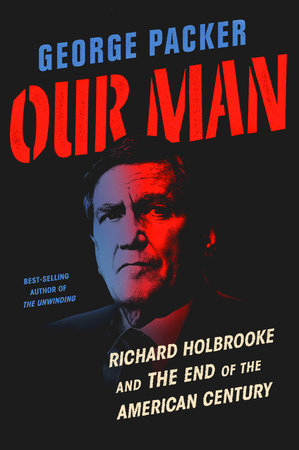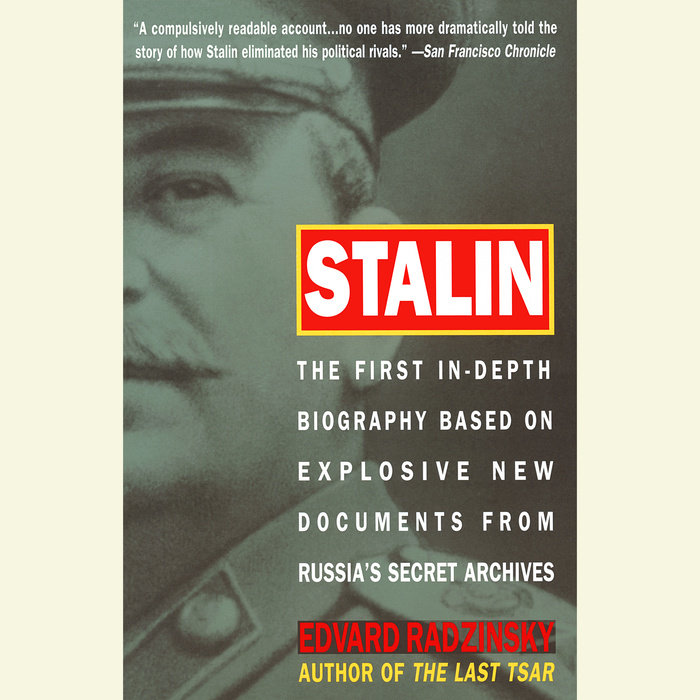Spring in Fialta
A malign star kept him

Lolita by Vladimir Nabokov
Humbert Humbert is only attracted to nymphets, a work Nabokov actually created in 1955 to describe sexually precocious pre-pubescent girls. Lolita is his story of Humbert Humbert's relationship with a 12-year-old girl who he lusts after and eventually finds a way to make his sordid dreams come true. Obviously this is a hot-button topic, but Nabokov is not interested in the least in pornography or controversy but in creating a unique character and describing in beautifully written sentences and paragraphs what it is that makes him tick. In fact, when he gets to the first major seduction scene, Nabokov simply leaves it to his audience's imagination--cleverly implicating the reader in terms of what comes next. Nabokov averts the moral implications of Humbert's behaviour almost entirely, at least until the end where the still unrepentant Humbert can nonetheless grasp the damage that he has done to Lolita's childhood, a childhood which he stole from her. The novel is basically a character study of a perverse man from his own perspective, a study that is surprisingly filled with wit, humour, word play, and outrageous puns. Near the end when Humbert takes his revenge over his nemesis Claire Quilty, the situation brings forth some of the funniest moments in the book. What makes Lolita such a treat is the brilliant way Nabokov uses language to reveal Humbert's inner world. Repellent as he is, Humbert Humbert remains one of the most fully drawn and perfectly written characters in 20th century English literature.
How would you rank it amongst 20th century works? I always found the concept well-thought out, but inconsisent in its prose. More than in any of his other works, Nabokov gets caught up in his own literacy to suffocating effect, especially when he's got Lolita in tow and they're traveling cross-country. For that reason, I always found it a bit overrated, even within Nabokov's bibliography.
For my money, the most humorous moment in the book has always been Charlotte Haze's manipulative letter to Humbert Humbert. A masterclass in tackiness.
Last edited:


 ) the idea was to have the novel in constant evolution. Jealousy is certainly unique and well-crafted. Whatever little story there is, is simple: a sort of simulatenous first-person and third-person narrator observes the interactions of A...and Franck, a man and a woman who may or may not be having an affair. This is never explicitly stated. In fact, nothing is, psychologically. There are no inner-thoughts, motivations, character development, plot, nada. What are explicitly stated are the physical observations. The African plantation on which the novel is set...its banana trees...an insect on the wall...the rays of the sun...the shade...the house dimensions...angles...windows...plantation workers...A's movements...Franck's worries...their preparation for a trip to the city. These are described with an impersonal prose, which has the effect of removing the idea of a narrator as much as possible, likely to substitute him for the singular reader, but that is not possible, for you can never truly be the ogling eye which dedicates itself to the description of the self-contained world. You are still separate from it, a voyeur of the voyeur.
) the idea was to have the novel in constant evolution. Jealousy is certainly unique and well-crafted. Whatever little story there is, is simple: a sort of simulatenous first-person and third-person narrator observes the interactions of A...and Franck, a man and a woman who may or may not be having an affair. This is never explicitly stated. In fact, nothing is, psychologically. There are no inner-thoughts, motivations, character development, plot, nada. What are explicitly stated are the physical observations. The African plantation on which the novel is set...its banana trees...an insect on the wall...the rays of the sun...the shade...the house dimensions...angles...windows...plantation workers...A's movements...Franck's worries...their preparation for a trip to the city. These are described with an impersonal prose, which has the effect of removing the idea of a narrator as much as possible, likely to substitute him for the singular reader, but that is not possible, for you can never truly be the ogling eye which dedicates itself to the description of the self-contained world. You are still separate from it, a voyeur of the voyeur.





 . Some make sense. Most don't.
. Some make sense. Most don't.

